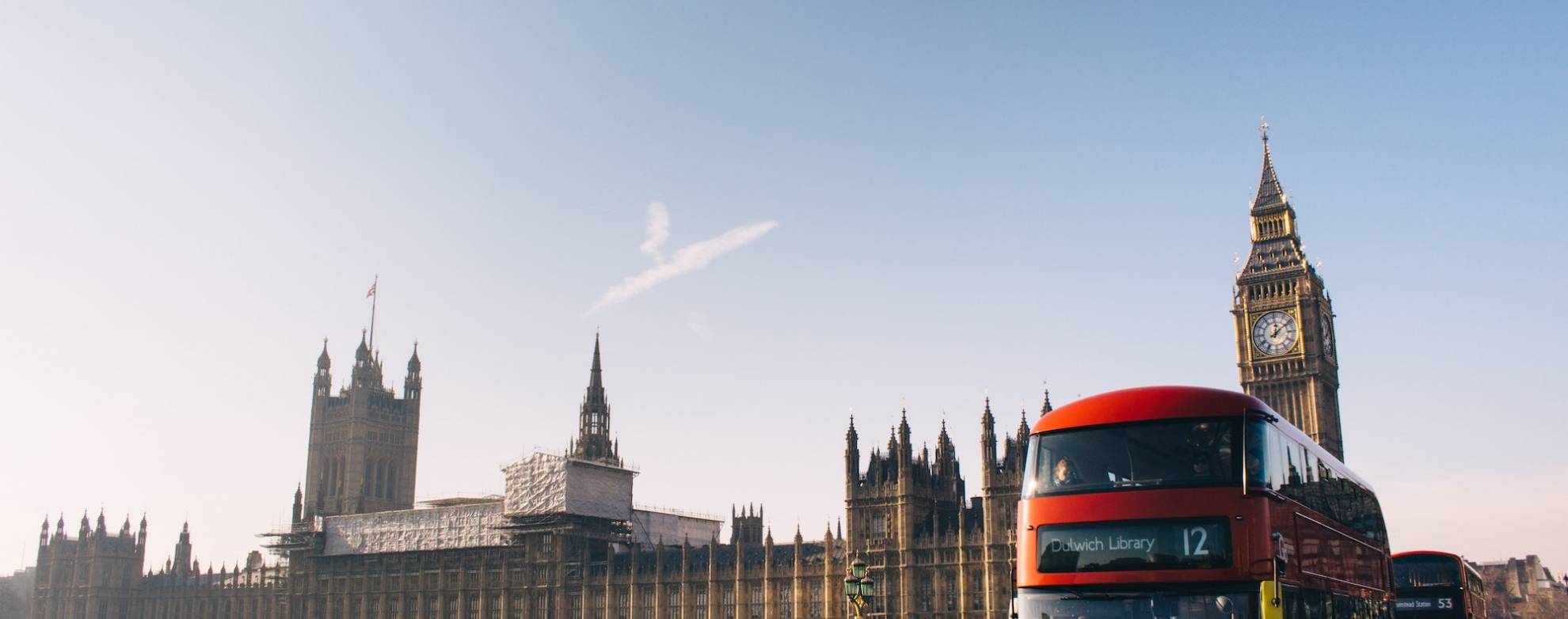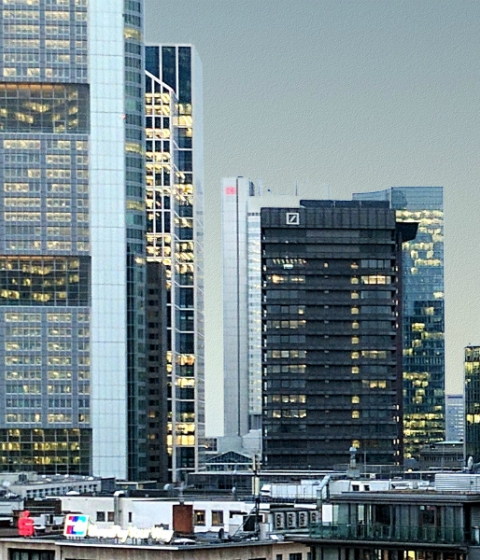Pros and cons of expat life in London

Since the invading Romans sailed down the Thames, this city has been a major port and the beating heart of the British Isles. Given further wealth and importance over the following centuries, particularly in the days of Empire, London has gained a unique standing in the world.
It is simultaneously a historic cultural centre, and a contemporary powerhouse. It is the British capital, and a melting pot of cultures. It is highly traditional yet innovative and quirky – but how does it rate for incoming expats who live and work there today?
Pros: it’s where the money is
To understand London’s wealth, you need to understand the North-South divide in England. The cost of living is cheaper in the North, house prices are lower, but there are fewer opportunities and wages tend to be lower. In the South, there is a further divide between London and the surrounding counties: most London-based salaries include a “London weighting”.
London is ranked by Expatistan as the world’s 5th most expensive city to live in, with a cost of living score of 238 – outpricing, for example, Moscow (85), Seoul (148) and even Dubai (161). Many modest suburban houses cost over £1m, a 45m2 studio flat in central area will attract a rent of around £1,800/month and you can expect to pay £6 for a beer in a London pub. At that price, you’d expect the Brits to chill it properly...
One refreshing exception to the high cost of living is the National Health Service – a nationally cherished institution that makes most healthcare free to residents (although since Brexit, there may be a small surcharge payable as part of your immigration application).
Cons: unpredictable public transport
It was the world’s first underground system – and much of the Victorian infrastructure remains. Like the rest of London, this creates a quirkiness that is delightful for the short-term visitor, but endlessly irritating for the habitual commuter.
Disruption is a fact of life and expect to pay around £150/month for the privilege. The infrastructure is being rapidly modernised and the Crossrail project will help enormously, cutting some commuting times by half. However, like many London train services, it too is running late and is due to arrive in 2022 – three years after was initially scheduled.

The network is, however, extensive. There are 11 lines covering 402km and serving 270 stations (note that only 29 of these are South of the river, however, before you sign up for that nice rented house in Kingston Upon Thames...). The “Tube“ handles up to five million passenger journeys a day, and at peak times up to 543 trains may be in use. (And if you don’t fancy going underground, why not try the river bus on the Thames – it’s covered by the same ticket.)
Pros: plenty to do
Samuel Johnson, the 18th century lexicographer and creator of the first recognised English dictionary once said that “if you are tired of London, you are tired of life”. Most expats would say this is still a reasonable assertion.
To start with, there are the famous landmarks: from Tower Bridge (no, it’s not called London Bridge – that was sold to an Arizona businessman in 1968) to Buckingham Palace, from the London Eye to the Houses of Parliament and Big Ben (which is actually the nickname of the bell, not the clock), London has so many to offer.
London has many world-renowned shops (most famously Harrods, Selfridges and Fortnum & Mason’s) and 39 theatres (in the West End alone). It boasts six Premier League football teams, and hundreds of museums, galleries and markets (including Portobello, Borough and Camden). It has a thriving music scene – no band tours Europe without playing the O2 Arena or Wembley Stadium – and of course, it has thousands of restaurants.
The British have not contributed much to world cuisine as a nation, but their largest city contains excellent examples of every imaginable type of fare you could wish for. One London tourist organisation even claims that it has more Indian restaurants than Mumbai...
Cons: the size and the traffic
London sprawls over a surprisingly large area. It covers 600 square miles (compared to the compact and bijou 40 square miles occupied by Paris). Much of this is ‘suburban sprawl’ – street after street of traditional brick terraced housing – and where many long-term expats will find themselves living.
They can be charming places: suburbs like Ealing, Clapham, Richmond and Dulwich are calm, leafy, affluent places, with well-kept Victorian and Edwardian (i.e. built roughly between 1830-1914) houses and neat hedgerows, interspersed with local parks, pubs, playing fields and other amenities.
But it also means that it can take hours to cross London by car. The traffic can be dreadful not just because of the large population also because such a historic city was simply not designed for cars. No Manhattan grid system here.
Pros: lots of green space
The influence of the British monarchy is inescapable in London, we have them to thank for the large areas of beautifully landscaped and tranquil green space in London.
Originally appropriated as hunting grounds by Henry VIII in the 1540s (when he broke from the Church of Rome, dissolved English monasteries and stole their land), the eight Royal Parks were made public spaces in 1851 and have given Londoners and visitors relief from the city hubbub and a place to meet, walk and play ever since.

Five of the royal parks can be found in Central London (Regent’s Park, St James Park, Green Park, Kensington Gardens and the huge Hyde Park) while the equally beautiful Bushey Park, Richmond Park and Greenwich Park are slightly further afield but well worth a visit.
Cons: see above
Many of the points mentioned above make London a popular expat choice. But it also makes it enormously popular with tourists. So if you want to enjoy the sights, sounds and attractions of the English capital, you will have to share it not only with the locals but with up to 40 million visitors from overseas (a pre-pandemic figure from 2019).
The best advice is to avoid Oxford Street, Piccadilly Circus and Covent Garden in August – most Londoners will!
The future and the past
As Brexit continues to cast uncertainty on the future of expat travel to the UK, there may be commercial, political or legal obstacles that prevent companies from deploying expats to London – but the city itself remains a magnet. It is a place that has played a key role in world history and continues to have enormous influence in modern business and politics. Spend a couple of years here and let London play a part in your history too.



